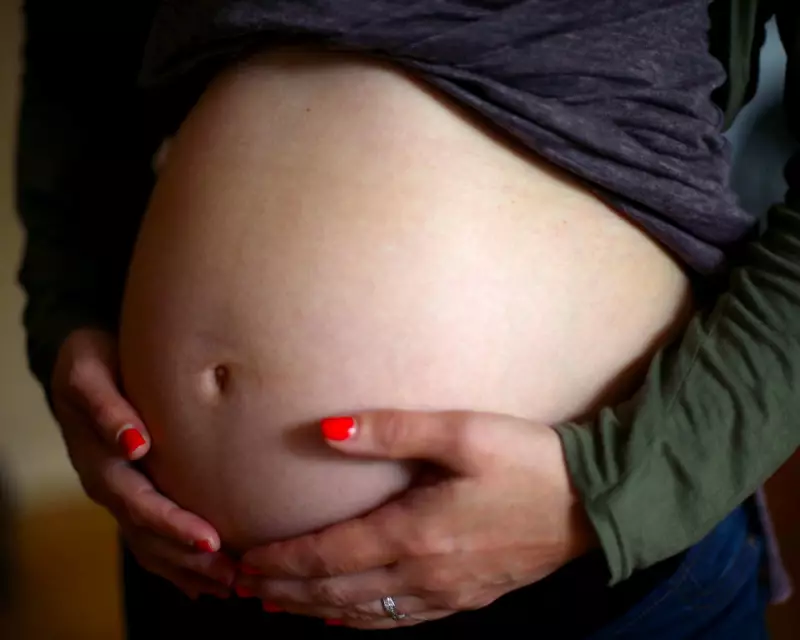
Growing evidence suggests that pesticide exposure may be harming pregnancies at an alarming rate. Public health experts are now calling for immediate action to reduce the risks posed by these toxic chemicals.
The Hidden Danger in Our Fields
Recent studies have shown a disturbing link between pesticide exposure and pregnancy complications. From developmental issues to increased miscarriage risks, the chemicals we spray on crops may be creating a silent public health crisis.
What the Research Shows
- Pesticide exposure has been linked to 23% higher risk of preterm birth
- Certain chemicals can cross the placental barrier
- Agricultural workers show highest risk levels
A Call for Policy Change
Health professionals argue that current regulations fail to adequately protect pregnant women and their unborn children. Many are advocating for:
- Buffer zones around residential areas
- Stricter safety testing for agricultural chemicals
- Better protective equipment for farm workers
"We cannot continue to ignore this growing threat to maternal and fetal health," warns Dr. Sarah Chen, a leading researcher in environmental health.
What Can Be Done?
While policy changes are crucial, experts suggest pregnant women can take precautions:
- Wash all produce thoroughly
- Choose organic when possible
- Avoid areas being sprayed
The debate continues as policymakers weigh public health concerns against agricultural needs. But for many families, the choice is clear - our children's health must come first.





